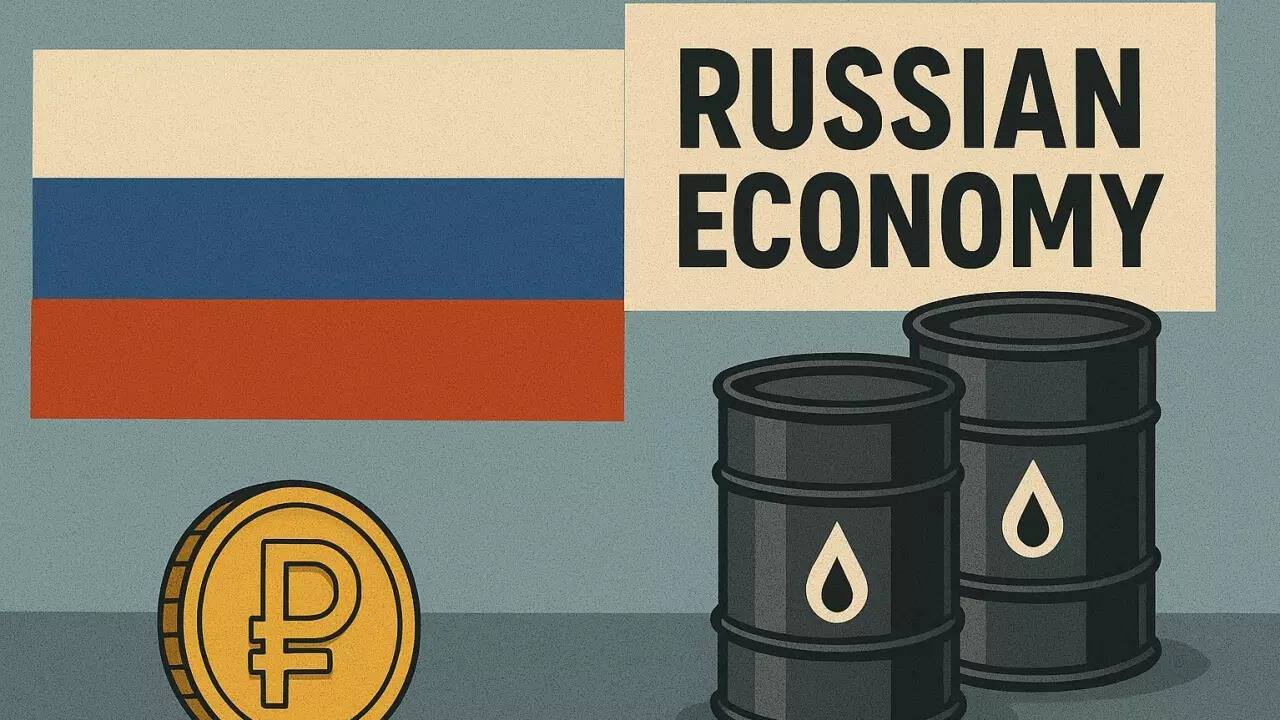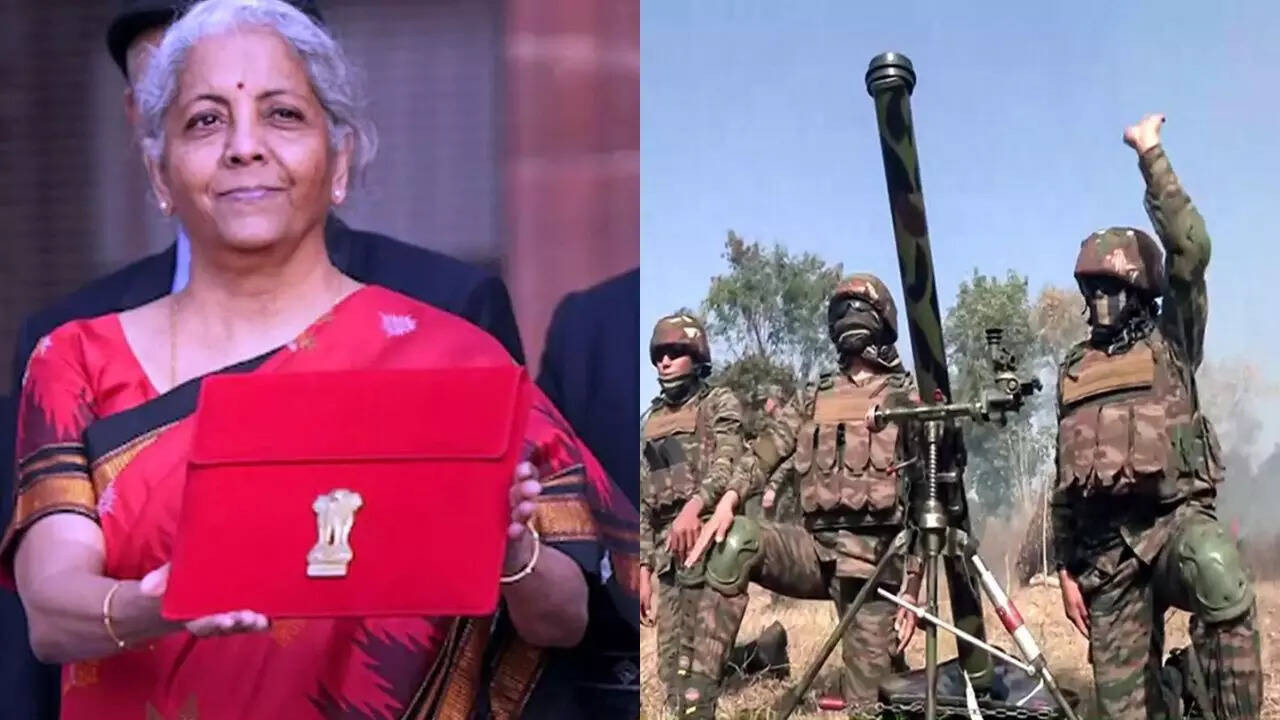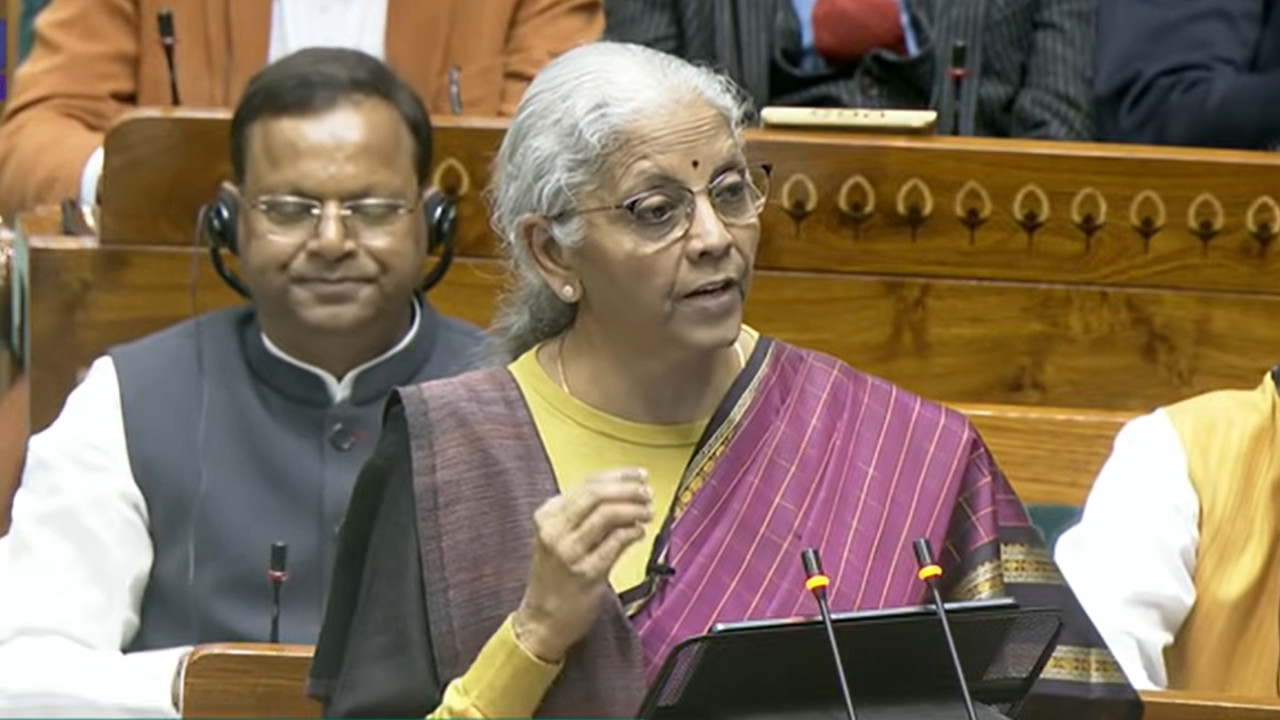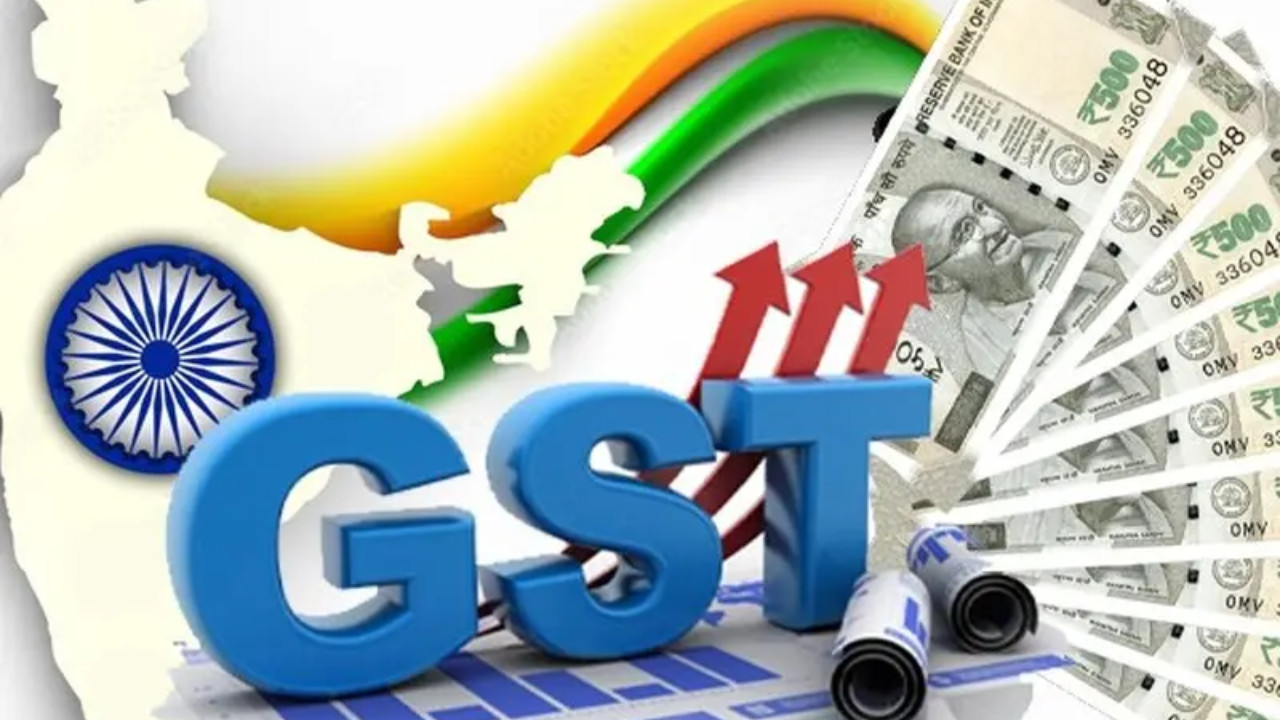The EU is contemplating a 19th round of sanctions targeting Russian banks and energy firms to pressure Putin over Ukraine. These measures may include restrictions on payment systems, cryptocurrency exchanges, and oil commerce. The EU aims to align with the US, which is also considering actions like sanctions on Russia’s oil tanker fleet.
The Economic Pressure Cooker: Are New Sanctions About to Turn Up the Heat on Russia?
The war in Ukraine continues to reverberate across the globe, and the economic battlefield is becoming increasingly complex. While military strategies dominate headlines, the silent struggle involves a web of sanctions designed to cripple Russia’s ability to fund its war efforts. The European Union, already deeply involved in these measures, is reportedly considering another round of restrictions targeting key sectors of the Russian economy. But will these new measures be enough to make a significant impact?
The potential for fresh sanctions revolves around two critical arteries of the Russian financial system: its banks and its oil trade. Sources suggest that the EU is actively exploring ways to further restrict Russian banks’ access to the international financial system, potentially cutting them off from vital resources needed to conduct international transactions. Such a move would significantly hamper Russia’s ability to engage in global trade, limiting its access to crucial goods and technologies.
But the most impactful measure under discussion centers on the Russian oil industry. Oil revenue forms the backbone of the Russian economy, and limiting this revenue stream represents a direct assault on its financial stability. The details of these proposed oil sanctions remain murky, but potential avenues include stricter enforcement of existing price caps, further limitations on insurance and shipping services for Russian oil, and potentially even broader embargoes.

The key to the effectiveness of these potential Russia sanctions lies in coordination. The EU is reportedly in close consultation with the United States to ensure a unified and impactful approach. A coordinated strategy amplifies the effect of the sanctions, preventing Russia from simply circumventing restrictions by shifting trade to countries with less stringent regulations. This unified front sends a clear message of international resolve, reinforcing the economic pressure on Moscow.
However, imposing these new sanctions won’t be a walk in the park. Europe is heavily reliant on Russian energy, and any disruptions to the oil supply can send shockwaves through the European economy. Finding alternative energy sources and mitigating the impact on consumers is crucial to ensure the sanctions remain viable and do not backfire. This requires a delicate balancing act, ensuring that the pain inflicted on Russia does not cripple Europe in the process. The political will of individual member states also plays a role, as diverging national interests can complicate the implementation of cohesive EU-wide measures.
Furthermore, Russia has demonstrated a remarkable ability to adapt and find alternative routes for its oil exports, often relying on a network of intermediaries and ship-to-ship transfers to bypass restrictions. Closing these loopholes and preventing sanctions evasion is a critical challenge for Western powers. It necessitates increased vigilance, improved intelligence gathering, and a willingness to hold accountable those who facilitate these circumvention schemes.
These potential sanctions arrive at a delicate moment in the ongoing conflict. While the immediate impact may not be readily apparent, these measures could have a long-term crippling effect on Russia’s ability to wage war. As Russia’s access to capital and technology diminishes, so does its capacity to sustain a prolonged military campaign. The true effectiveness of these sanctions will hinge on the resolve of Western nations, their ability to coordinate effectively, and Russia’s capacity to adapt to this ever-tightening economic vise.
Are we about to see the economic pressure on Russia reach a breaking point? Only time will tell. The geopolitical landscape is constantly shifting, and the effectiveness of these measures will depend on a complex interplay of economic, political, and military factors. One thing is certain: the economic war is far from over.
Read more about the geopolitical implications of the conflict and Russia sanctions [here](Internal Link).
In conclusion, the potential for new EU and US sanctions on Russian banks and oil trade represents a significant escalation in the economic pressure campaign against Russia. While challenges remain in implementation and enforcement, these measures, if coordinated and effectively executed, could have a crippling long-term impact on Russia’s ability to finance its war efforts.







